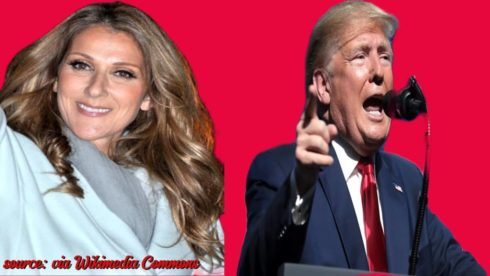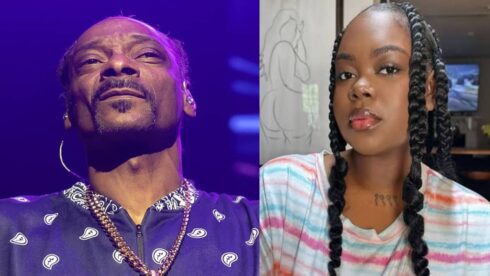Celine Dion has publicly denounced former President Donald Trump for playing her iconic song, “My Heart Will Go On,” during a recent campaign rally. The Grammy-winning artist expressed her disapproval after learning that Trump used the 1997 hit, famously associated with the film “Titanic,” without securing her permission. Dion’s reaction highlights a broader issue of artist rights and the use of music in political contexts.
The Canadian singer took to social media to address the situation, questioning, “Really, THAT song?” Her comment reflects both her surprise and discontent with the unauthorized use of her work. Celine Dion’s team has since indicated that they are considering legal action to prevent further misuse of the song.
Trump’s Rally Controversy: A Misstep in Music Licensing
The use of Celine Dion’s song at Trump’s rally has sparked significant controversy, with critics arguing that such actions disregard the legal and ethical norms surrounding music licensing. Political events often face scrutiny when using copyrighted material, particularly when the content is associated with sensitive or high-profile campaigns.
Experts on intellectual property law emphasize that public figures must obtain proper licenses before using copyrighted music in their events. This incident underscores the importance of adhering to these regulations and respecting artists’ rights, especially in politically charged environments.
Celine Dion’s Statement: A Call for Respect and Authorization
Celine Dion’s statement serves as a reminder of the importance of respecting artists’ creative work and obtaining necessary permissions. By publicly addressing the issue, Dion not only defends her artistic integrity but also raises awareness about the broader implications of unauthorized music use.
Her response underscores the need for clear communication between artists and political entities regarding the use of music. Dion’s stance highlights a growing trend where artists are becoming more proactive in protecting their work from unapproved use in political and commercial settings.
The Legal Implications of Unauthorized Music Use
The legal ramifications of using copyrighted music without permission can be significant. Music licensing laws are designed to protect the intellectual property rights of artists, ensuring they are compensated for the use of their work. Unauthorized use can lead to legal disputes and financial penalties for those who fail to comply with licensing agreements.
In Celine Dion’s case, the situation may result in legal action if Trump’s campaign does not cease the use of her song. Such actions would reinforce the need for adherence to copyright laws and highlight the potential consequences of disregarding these legal requirements.
Public Reaction: Support for Dion and Criticism of Trump
The public reaction to the incident has largely been in favor of Celine Dion, with many expressing support for her stance on protecting her music. Social media platforms have seen a surge in discussions about the proper use of copyrighted material, with users criticizing Trump’s campaign for the unauthorized use of Dion’s song.
This situation has sparked broader conversations about the ethics of using music in political campaigns and the importance of respecting artistic rights. Dion’s response has resonated with many, reinforcing the idea that artists deserve control over how their work is utilized.
Impact on Future Campaigns: A Lesson in Music Licensing
This controversy serves as a critical lesson for future political campaigns about the importance of proper music licensing. Campaigns must ensure they have the right permissions before using copyrighted songs to avoid legal issues and respect the rights of artists.
The incident highlights a need for greater awareness and adherence to music licensing regulations in political and public events. By learning from this situation, future campaigns can better navigate the complexities of music use and avoid similar controversies.














